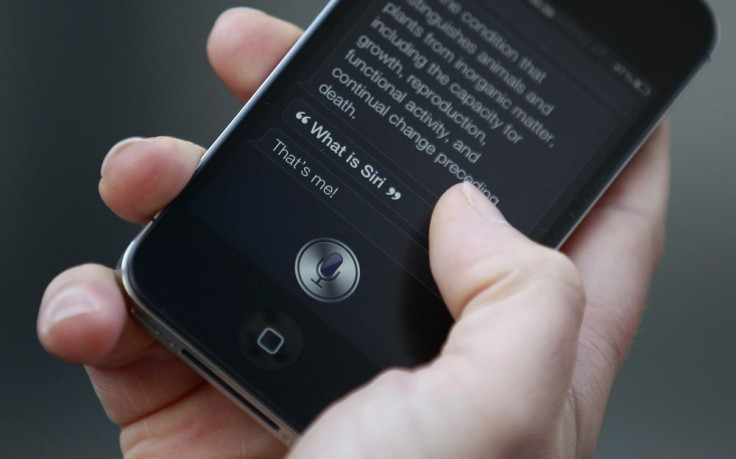Digital personal assistants try to address interpersonal, mental and physical health crises

Apart from being asked for driving directions, hotels and recipes, today’s smartphone has the ability to recognise and respond to crisis. However, CNN reports the ability — or inability — of digital personal assistants to respond to personal crises and abuse. Voice searches done by Apple’s Siri, Samsung’s S Voice and Google Now were found lacking when faced with rape or domestic violence, but responded better in other personal crises such as suicide and depression.
A study evaluating voice searches’ response on questions regarding interpersonal, mental and physical health gathered inconsistent and varied response. The voice searches’ ability to recognise crises affected the way they responded. Some voice searches responded to crisis by referring the user to a helpline or crisis center, while others did not recognise the language, such as searches about rape.
Experts from the same CNN source acknowledged voice searches’ limitations, saying that while these voice searches are intended to help people in times of emergency, they are not psychologists or counselors that can interpret exactly what users should know or do.
Key indicators that search queries are becoming more functional digital personal assistants instead of the traditional typed query functions include e-word recognition, app indexing, more conversational questions and contextual search, according to 4hoteliers .
Venture Beat reported Sundar Pichai, CEO of Google, said that the company recorded an eight percent word recognition error in its voice searches in 2015 compared to 23 percent in 2013. These numbers imply that search engines have mastered the art of understanding human language.
Voice search has created a conversational relationship between users and their devices in a sense that it assumed the role of personal assistants.
4hoteliers noted that voice search has changed the natural language queries in the form of conversational questions. Instead of typed keywords, voice search responds to conversational questions. Additionally, it redefined contextual search to a more location based search where search engines pull up answers based on a user’s location. The article used an example where a user asked search engines for a picture of a whale, and since it actually showed pictures of whale from the user’s recent vacation.
Lastly, app indexing allows users to maximise their installed apps instead of sorting to mobile-friendly sites. When a user asks for booking hotel rooms, the search engine pulls up from available mobile apps installed on the user’s phone.
The future of search
Voice search is defined as a combination of natural language processing and text-to-speech to create a language that search engines understand once user’s prompt requests through voice. The answer is then pulled from a Web site that the search engine find most suited to the request.
Digital search has gained popularity, thanks to the wide variety of information it can provide. In fact, 55 percent of teenagers and 41 percent of adults have already embraced the technology, according to a research initiated by Google and conducted by Northstar Research. Further explanation of the figures indicates that teens actually love talking to their phones more than their adult counterpart.
For teens, using voice search is a natural way to check their social media feed or even take selfies. Adults, on the other hand, use voice search to ask for directions and even while cooking. Though voice search is gaining popularity in simplifying the lives of people, there’s more to voice search than queries. The future of internet query points to voice search which has doubled in the past year, according to the same Google source.
Technology of the future
The future of voice search is more than using voice but an actual integration of the internet and actual physical systems — such as vehicles, services, mobile phones — and it will be known as cyber-physical systems. Three computer science professors who were recipients of European Research Council's largest research grant, in the next six years, will reconcile the conflict between two opposing facets of the World Wide Web, which are safety and freedom, according to Phys. Org .
If successful, numerous benefits await humankind. The cyber-physical systems could help ease traffic, point directions and even plan itineraries for people. The system could also help deal with societal challenges such as assistance to the elderly — where it can help with medications, track physical health and even do grocery shopping.
However, according to one of the grant’s recipients, a system that requires Internet connection should ensure reliability. In this case, it is defined as robustness, ensuring the computer's function in a satisfactory manner. Technologies that ensure reliability of systems are exemplified by seamless data connection through signals boosters and network extenders such as those from 5BARz International .
Voice search is slowly shaping the future of queries, search engine optimization and even its application in several technologies and while they are far from truly becoming digital personal assistants, the developments are worth making people’s lives simpler and easier.






